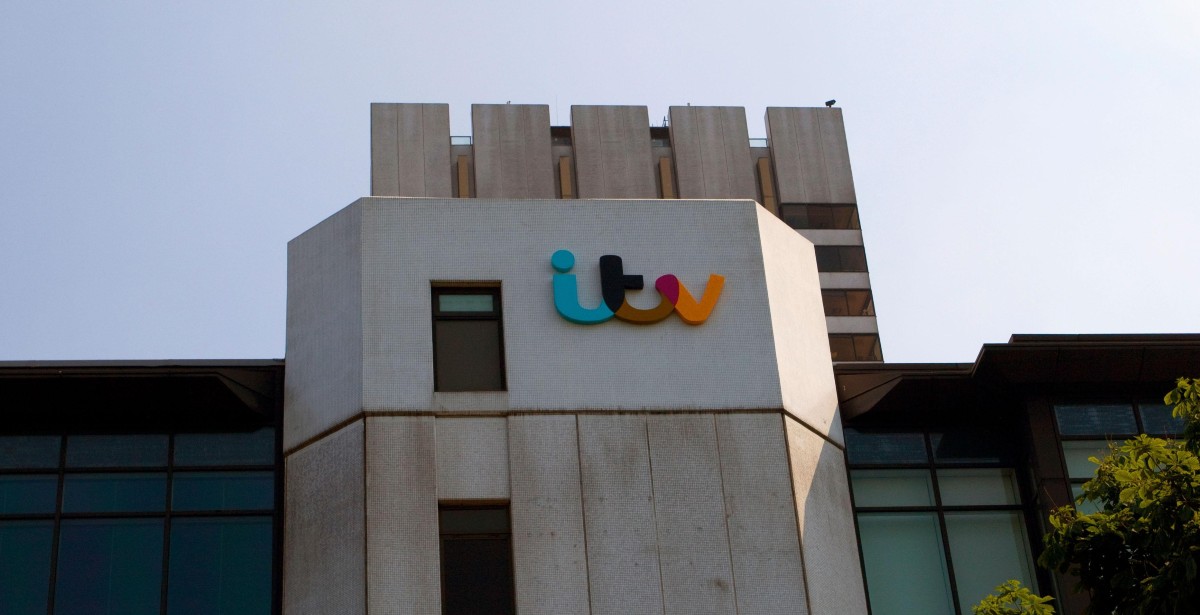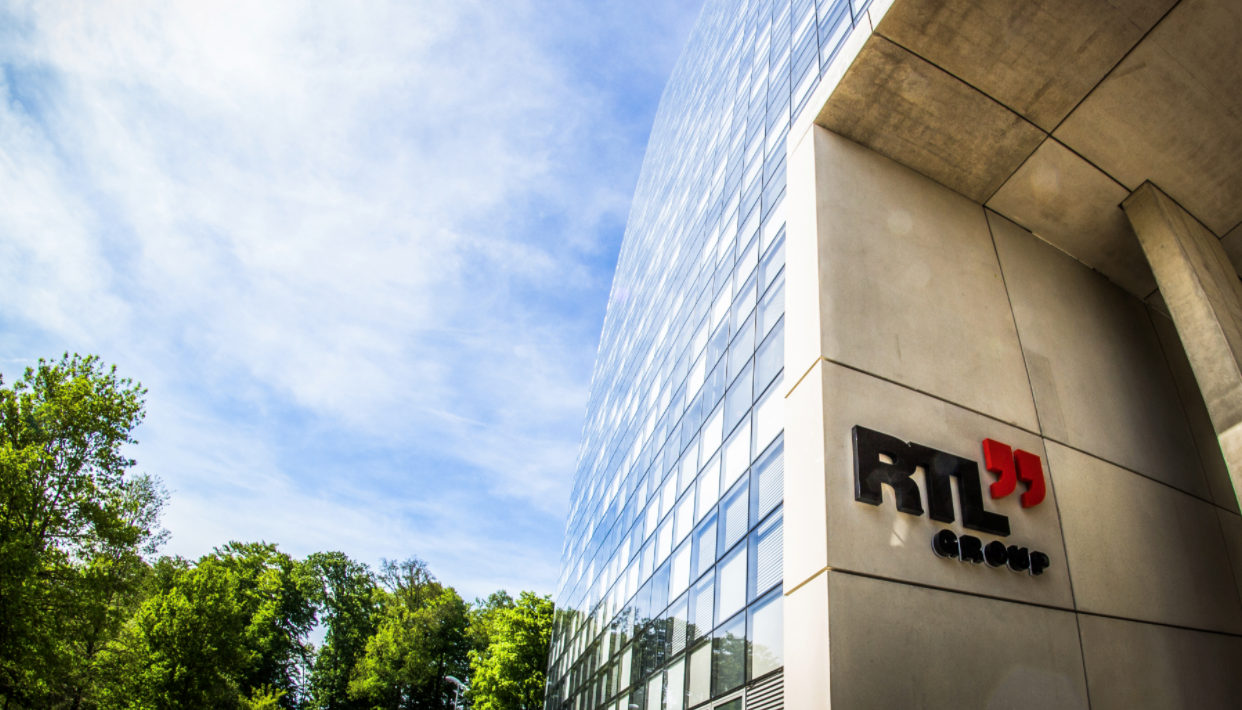Managing relationships with international streaming services is a delicate balancing act for European broadcasters. On the one hand these large, well funded streamers are major competitors for audiences’ attention – as well as ad revenues and users’ subscription budgets. On the other hand, licensing content to these players can be a very valuable source of income, particularly vital during a tough market for broadcasters.
While the BBC isn’t reliant on ad revenues, it’s having to rethink its commercial strategy given real term cuts to its budget over the past ten years, and the prospect of a wholesale review of its funding structure before the end of the decade. And the broadcaster says it will lean much more heavily on commercial partnerships around content and technology, though not necessarily traditional content licensing deals.
In a speech at the Royal Television Society addressing the future of the BBC, director general Tim Davie spoke to the company’s financial struggles, saying that a weak balance sheet is “particularly problematic” given its need to transition to a digital-first business. The BBC has made cuts to both its headcount and its content hours in order to better balance its books.
Cutting too harshly obviously risks conceding further ground to international streaming services and other competitors. But Davie said a recent co-production deal for Doctor Who struck with Disney sets a good blueprint for how the BBC can keep funding content while managing costs.
The Doctor Who deal saw Disney provide funding for the upcoming season of Doctor Who, which the BBC has historically funded alone. Disney also has creative input into the series. In exchange, Disney+ has streaming rights for this new season outside of the UK.
Davie said this is “a good example of how we can work to deliver more value through third-party funding, while protecting content for UK audiences”. The extra production funding can help BBC content compete quality wise with big budget originals from the streaming giants. But the BBC maintains full ownership of UK distribution rights, while also expanding the show’s total audience. Davie said the BBC will work “much more actively” to develop similarly structured partnerships in both content and technology.
And Neil Anderson, senior analyst at Ampere Analysis, said similar deals might become more common across European broadcasters. “European public broadcasters have traditionally prioritised collaborations with neighbouring public broadcasters, with recent initiatives like the European Alliance between ZDF, France Télévisions, and RAI having generated mixed results,” said Anderson. “Yet, as broadcasters grapple with dwindling audience engagement and pressure on content budgets, partnering with deep-pocketed global content giants may become increasingly appealing.”




